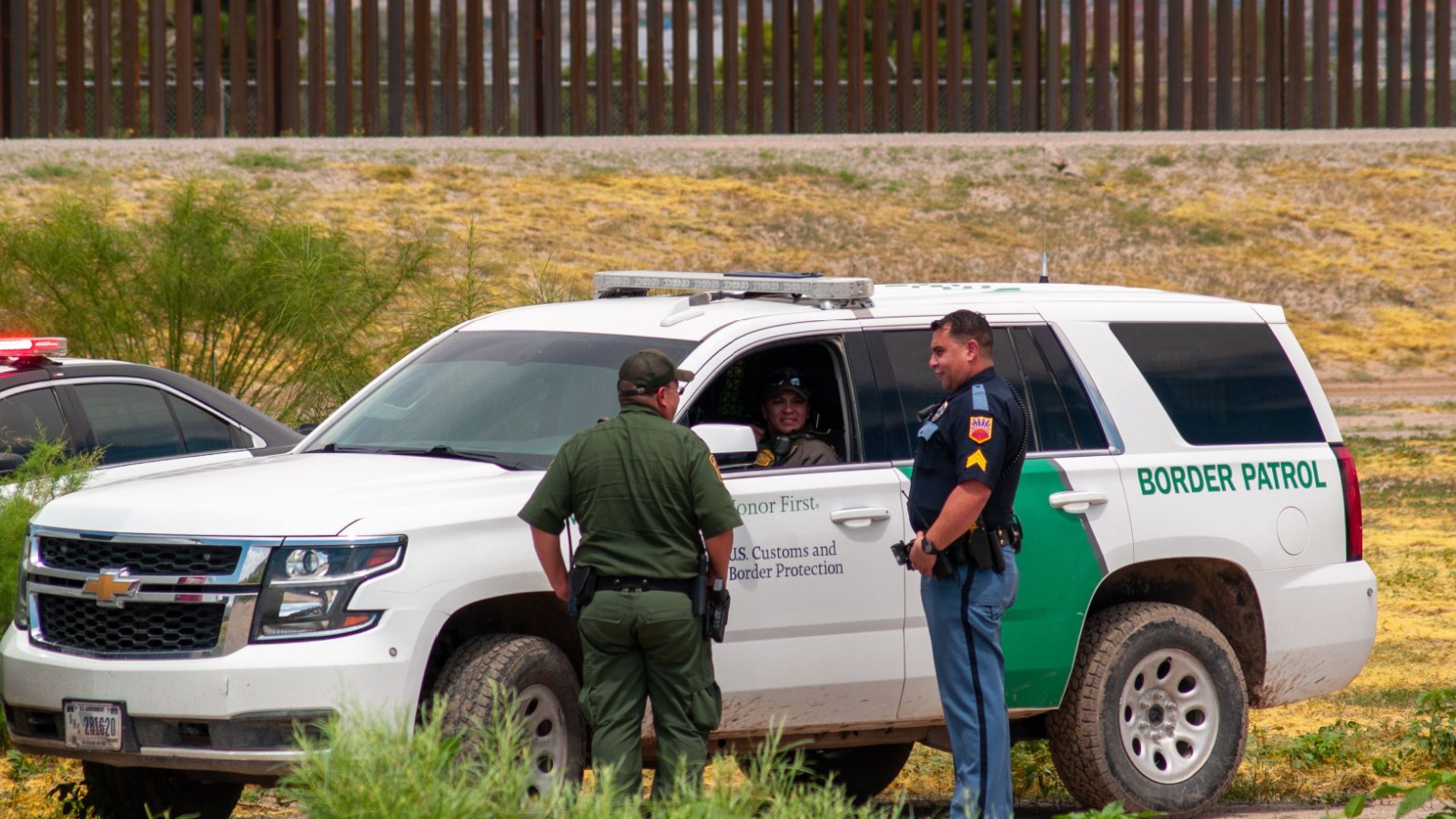Tennessee’s legislature is advancing a proposal to enhance state-level immigration enforcement, aligning with broader national trends. This move has sparked significant debate, highlighting its potential impact on community-police relations.
A New Mandate in Tennessee

Tennessee’s Republican-led House has put forward a proposal demanding law enforcement to collaborate with federal immigration authorities upon discovering individuals illegally in the country. This initiative mandates comprehensive cooperation in the efforts to identify, apprehend, detain, and deport these individuals.
A Nationwide Trend

Amidst a wave of similar actions across Republican-dominated states, Tennessee’s stance intensifies the dialogue on immigration enforcement. Critiques of President Joe Biden’s border policies are at the forefront, with Texas attempting a bold move to arrest and expel migrants, though it currently faces legal challenges.
A Direct Challenge

“President Biden’s administration has brought this issue right to our doorstep,” declared Rep. Chris Todd, echoing a sentiment of frustration during the House debate. Tennessee’s legislative gears are now turning towards the Senate, promising a strict reinforcement of existing laws mandating law enforcement’s cooperation in immigration matters.
Legal and Community Concerns

However, this proposal might blur the lines between local law enforcement and federal immigration duties, sparking legal ambiguity and potentially straining relations with immigrant communities. Critics, including Judith Clerjeune from the Tennessee Immigrant & Refugee Rights Coalition, warn of the broader social implications.
The Moral Debate

The bill has not gone without its detractors, with Democrats voicing their concern over the message it sends to those escaping violence and hardship. “Turning our backs on individuals fleeing turmoil is both immoral and wrong,” argues Rep. Justin Pearson, representing a moral stance against the legislation.
On the Ground Reality

A fiscal analysis suggests that coordination between state law enforcement and federal immigration agencies is already a common practice. Yet, the Nashville Police Department fears this bill could undermine years of trust-building efforts within immigrant communities, highlighting a complex balance between law enforcement and community relations.
Community Concerns Amplify

Nashville’s police force is sounding the alarm, emphasizing the vital role of community, including immigrants, in solving crimes through their cooperation and information. The looming legislation, however, might deter some residents from engaging with the police, thereby hampering investigative efforts and community safety.
A Push for Stricter Policies

Amid increasing illegal border crossings, conservative groups like the Heritage Foundation are advocating for tougher state-level immigration laws. Their proposals range from stricter employment verification to denying driver’s licenses and educational benefits to undocumented immigrants, aiming to tighten the reins on illegal immigration.
A Specific Support

Heritage Action, a significant conservative voice, has thrown its support behind Tennessee’s proposed legislation, signaling a broader push for stricter immigration control across states. However, they clarified their focus wasn’t directly on this specific bill, indicating a more general stance on immigration policy.
Georgia’s Legislative Response

Following a tragic incident at the University of Georgia, state Republicans are proposing their own immigration enforcement measures. These include mandating local law enforcement’s cooperation with federal immigration authorities and penalizing local governments deemed to be sanctuaries for undocumented immigrants.
Tennessee’s Legislative Drive

In Tennessee, the legislative push for stringent immigration rules continues with proposals that go beyond existing laws. Among them is a bill targeting the transportation of undocumented immigrants into the state, aiming to close loopholes and tighten control over illegal entry.
The Debate Over 287(g) Agreements

While the proposed bill in Tennessee raises questions about mandatory participation in the 287(g) program, the bill’s sponsors assure that such agreements are not compulsory. However, critics argue that the bill’s references might indirectly pressure local agencies into adopting costly immigration enforcement roles, reflecting the complex debate surrounding local involvement in federal immigration tasks.
The Cost of Cooperation

Opposition voices highlight the financial burdens local governments would bear to participate in the 287(g) program. With only a few agencies in Tennessee currently involved, the debate underscores the tension between federal immigration enforcement and local resources, pointing to the broader implications of such legislative moves.









Awesome post! Join the fun at https://www.web-kqc-whatsapp.com WhatsApp 網頁版的易用性,使其成爲任何年齡段用戶的理想選擇,簡單易懂。 . Date: 2026-01-14 18:35:15 (-03).